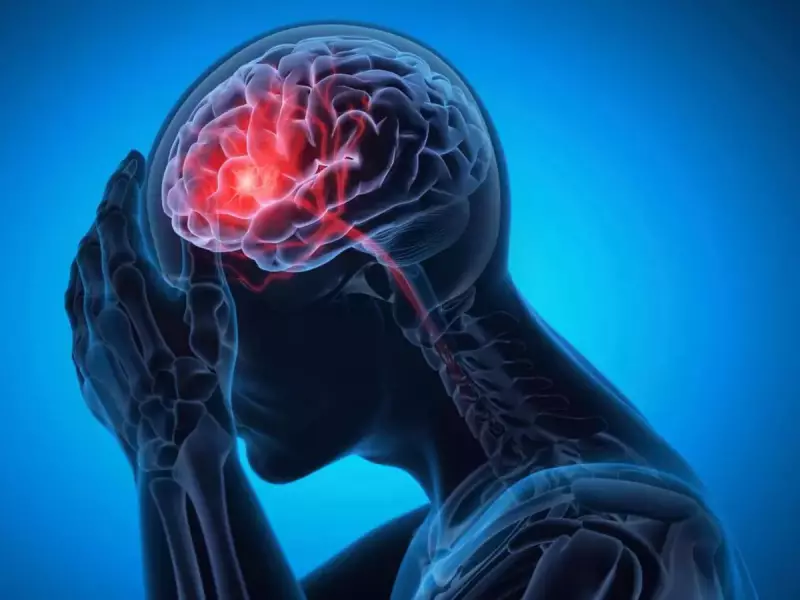
When a stroke strikes, every second becomes precious. Recognizing the warning signs early can mean the difference between life and death, or between full recovery and permanent disability. Stroke doesn't discriminate - it can affect anyone, regardless of age or background.
The Golden Hour: Why Timing is Everything
Medical experts emphasize that the first few hours after stroke symptoms appear are absolutely critical. This "golden window" provides the best opportunity for effective treatment and minimizing brain damage. Unfortunately, many people delay seeking help because they don't recognize the symptoms or underestimate their seriousness.
Remember FAST - The Life-Saving Acronym
The FAST method provides an easy-to-remember checklist for identifying stroke symptoms:
- F - Face Drooping: Does one side of the face droop or feel numb? Ask the person to smile - is the smile uneven?
- A - Arm Weakness: Is one arm weak or numb? Ask the person to raise both arms - does one drift downward?
- S - Speech Difficulty: Is speech slurred or strange? Can the person repeat a simple sentence correctly?
- T - Time to Call Emergency: If you observe any of these signs, call for medical help immediately.
Beyond FAST: Other Critical Warning Signs
While FAST covers the most common symptoms, strokes can manifest in other ways too:
- Sudden severe headache with no known cause
- Sudden trouble seeing in one or both eyes
- Sudden confusion or difficulty understanding
- Sudden trouble walking, dizziness, or loss of balance
- Sudden numbness or weakness in the leg
What Makes Indians Particularly Vulnerable?
The Indian population faces unique stroke risks due to several factors:
- High prevalence of hypertension and diabetes
- Changing lifestyle patterns and increased stress
- Genetic predisposition to certain conditions
- Limited awareness about early warning signs
Your Action Plan Could Save a Life
If you suspect someone is having a stroke, your immediate response matters:
- Don't wait - symptoms won't go away on their own
- Call emergency services immediately - don't attempt to drive the person yourself
- Note the time when symptoms first appeared - this is crucial information for doctors
- Stay calm and keep the person comfortable while waiting for help
Remember: When it comes to stroke, being informed isn't just about knowledge - it's about empowerment. Share this information with your loved ones because tomorrow, you might be the one who needs to recognize the signs and act fast.





